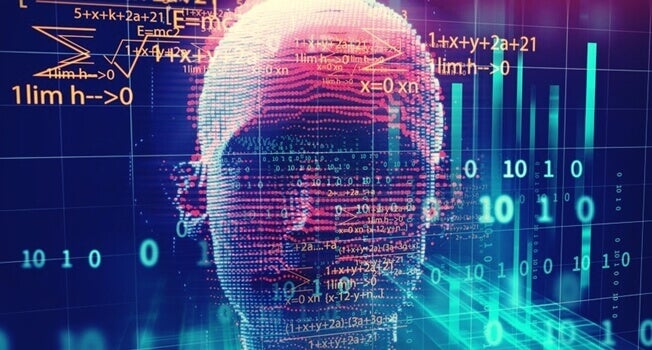Artificial intelligence is an ever-evolving field, with an increasing number of people involved, at this time we do not know how advanced that knowledge is, progress is usually confidential information, which we only hear from after a certain period of time. , is already of common knowledge, at least some of all the developments already carried out in this area.
We know, for example, that artificial intelligence applies to all areas of work involving repetition, in a short time robots will begin to replace humans in these tasks, this will be just the beginning of a new revolution approaching and closer and whose protagonists are increasingly complex electronic devices.
- “To this day.
- No computer has been produced that is aware of what it does.
- But.
- Most of the time.
- Neither do we.
- -Marvin Minsky-.
We still do not know how to specify how culture will be affected by all these changes, what we do know is that, just as new technologies have transformed our daily lives, new developments in artificial intelligence bring with them the prospect of great transformations. closer than most of us think.
Antonio Orbe is a psychologist and also an expert on the subject of artificial intelligence. He has published a book entitled “A Look to the Future. In this work, he tries to get closer to a description of what the world will look like in the future. “Short and medium term. It ensures, in addition to weaving various lines of thought and reflection, that the most reasonable thing to do is to assume that many jobs will simply disappear.
The first consequence is an increase in inequality, many workers will no longer have job options and therefore will not have a means of life, they will be unemployed. This will require the State to take political, economic and social action to address this new situation.
Orb has an optimistic view on the subject. It shows that it is not impossible, in this scenario, to think of a new world in which things are no longer all work-oriented as they are today, on the contrary, leisure could play the role of protagonist. most of his time doing activities to improve the personal well-being of all collaboratively.
Orb also argues that there is an implicit competition between technology and humans. Many of the new developments in artificial intelligence will have a very specific application: to replace the work that people now do. This applies not only to the world of work, but also to personal life.
The author also evokes the difficulty of the human being to adapt to new technologies. The pace is getting faster and faster. It requires that the adaptation be permanent, which is successful even at the individual level.
In the social sphere, however, adaptation is not so fast. As artificial intelligence advances like lightning, societies evolve at a turtle’s pace, which can be a source of instability and even tension in the future.
Orb discourages fear, stemting in part from sci-fi films and partly from the common impression that robots will take care of everything, demonstrating that we are still far from such a generalistic artificial intelligence, that is, a technology capable of dealing with any problem that arises and solving it satisfactorily and automatically.
What currently exists is concrete artificial intelligence, this type of intelligence is only capable of performing a specific group of tasks, it does it perfectly, but it cannot leave these preprogrammed capabilities because it has no capacity to do so. In today’s technology they are therefore geared towards concrete intelligence, which will replace man in a large number of jobs.
Theoretically, there is a high probability that artificial intelligence will realize this, basically, all the intellectual abilities of the human being can be reproduced by a machine, but from a technical point of view, however, we are still a long way from that. Moment.
Finally, Orb demonstrates that one of the most interesting aspects of artificial intelligence is that it forces us to rething our meaning as human beings, if machines start doing such a thing, what am I good at, what value or effect do I have in this context?What sets me apart from a machine? All these issues will become increasingly relevant. Everyone can keep thinking about their own answer.

